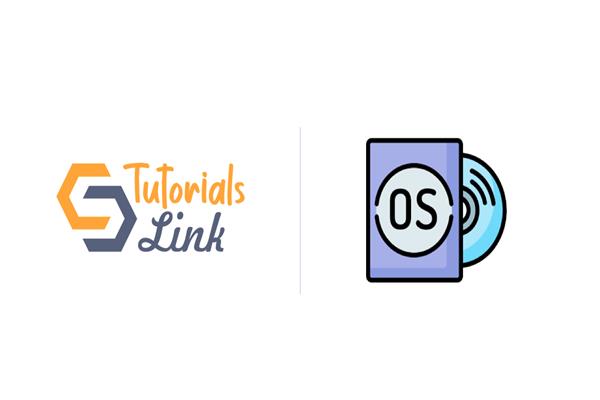What are the types of Operating system?
Types of Operating system
The software that allows computer users to run applications with the hardware of a specific system. Software designed to handle basic elements of computer operation, such as sending instructions to hardware devices like disk drives and computer screens, and allocating system resources such as memory to different software applications being run. Given that uniformly designed operating systems that run on many different computers, developers of software do not need to concern themselves with these problems and are provided with a standard platform for new programs. Microsoft, Windows, or Apple Computer's OS are examples of operating systems.
Features of Operating System
Here is a list commonly found important features of an Operating System:
-
Protected and supervisor mode
-
Allows disk access and file systems Device drivers Networking Security
-
Program Execution
-
Memory management Virtual Memory Multitasking
-
Handling I/O operations
-
Manipulation of the file system
-
Error Detection and handling
-
Resource allocation
-
Information and Resource Protection
Types of Operating system
-
Batch Operating System
-
Multitasking/Time-Sharing OS
-
Multiprocessing OS
-
Real-Time OS
-
Distributed OS
-
Network OS
-
Mobile OS
Why use an operating system?
An operating system brings powerful benefits to computer software and software development. Without an operating system, every application would need to include its own UI, as well as the comprehensive code needed to handle all low-level functionality of the underlying computer, such as disk storage, network interfaces, and so on. Considering the vast array of underlying hardware available, this would vastly bloat the size of every application and make software development impractical.
Instead, many common tasks, such as sending a network packet or displaying text on a standard output device, such as a display, can be offloaded to system software that serves as an intermediary between the applications and the hardware. The system software provides a consistent and repeatable way for applications to interact with the hardware without the applications needing to know any details about the hardware.





